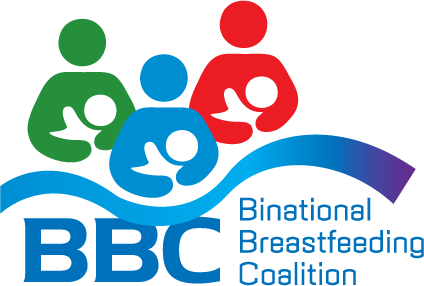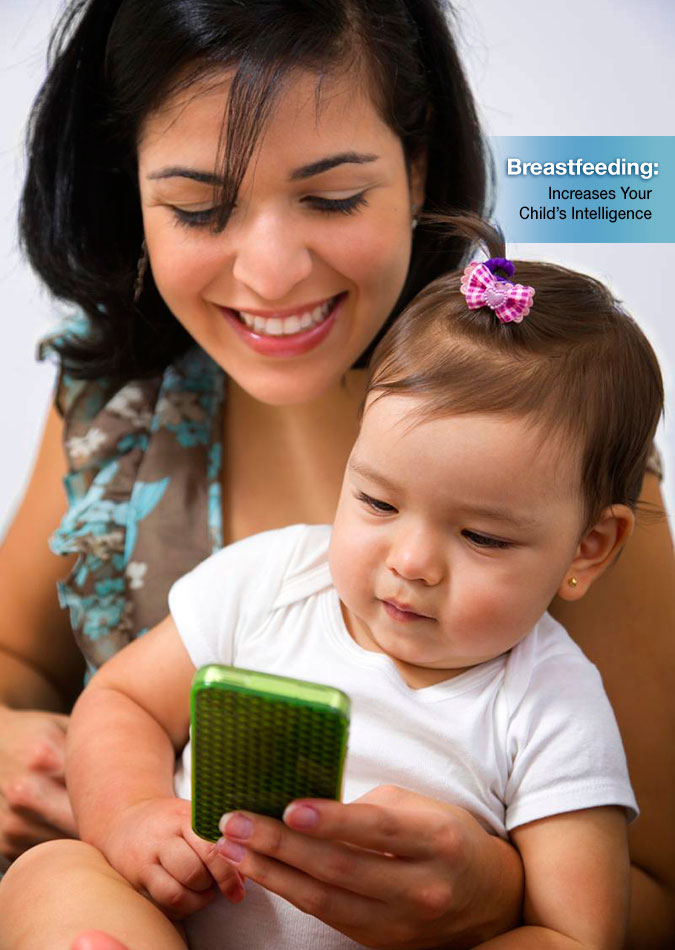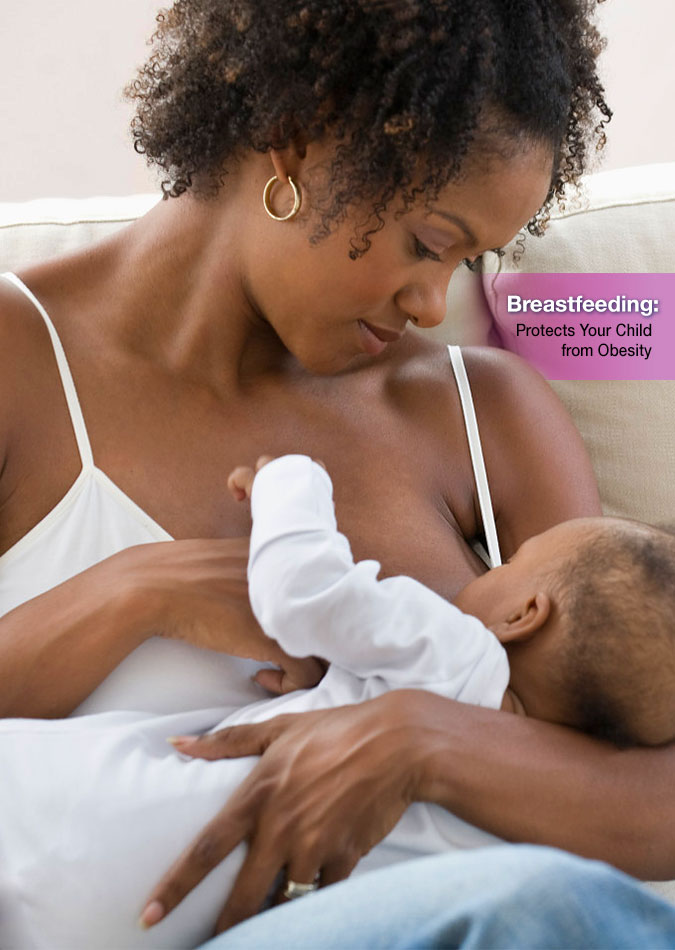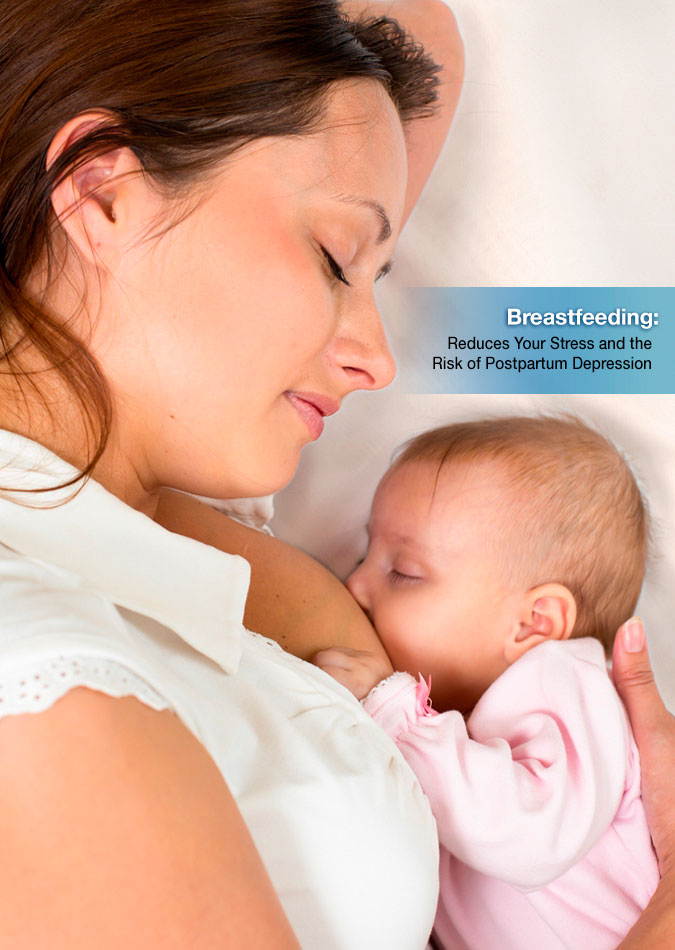Why Breastmilk?
One of the most highly effective preventive measures a mother can take to protect the health of her infant is to breastfeed. Although most mothers hope to breastfeed, and 75% of babies start out being breastfed, only 15% are exclusively breastfed 6 months later.
When mothers do not breastfeed they generally use infant formulas. It is recommended by the World Health Organization that parents are told about the health risks of using formula (see next section below). Formula is an artificial substance that is made to replicate mother's milk, but is not an equal substitute for breastmilk.
Click the button below to learn about all the benefits of breastmilk.
Risks of Using Formula
Infant formulas are mainly made up of sugar and oils and a protein such as cow's milk, soy or whey. However, they do not contain antibodies, digestive enzymes, or immunoglobulin. Babies that are fed formula are 14 times more likely to be hospitalized in their first year. These babies are more prone to respiratory illnesses, ear infections, and diarrhea. They have a higher risk of allergies, asthma, heart disease, obesity, childhood cancers, diabetes, chronic diseases and death. Babies that are fed formula instead of breastmilk miss out on the intense physical bond that allow them to develop a sense of trust and have lower intelligence. Giving formula to a baby is not the same as breastfeeding. It can keep a baby alive if the child has no access to breastmilk, but infant formula is only fourth on the list of best food choices for baby. The first three are: 1) breastmilk from the mother's breast, 2) breastmilk pumped and given in a bottle and 3) another mother's milk from a milk bank.






